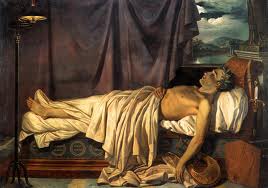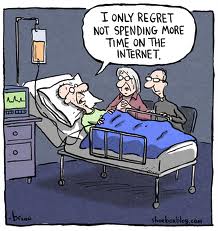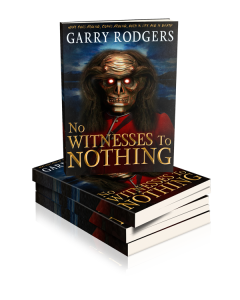Have you made preparations for your death?
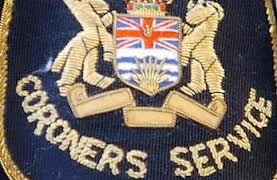 During my time as a coroner, I experienced many cases where a death was sudden and totally unexpected. The deceased made no plans, gave no directions, and the family was left in utter devastation, grief, and turmoil, to sort out a mess.
During my time as a coroner, I experienced many cases where a death was sudden and totally unexpected. The deceased made no plans, gave no directions, and the family was left in utter devastation, grief, and turmoil, to sort out a mess.
Most estate plans address the basics like wills, insurance, and funeral arrangements, but they don’t think of two things that will bite your family, big time, if not planned for.
1. Your death must be supported by two legal documents.
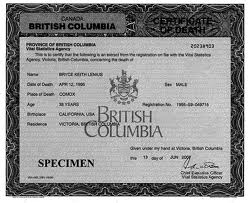 These are your Registration of Death (ROD), commonly called the Death Certificate, and your Medical Certificate of Death (MCD) which families rarely see. Your ROD is the opposite of your Birth Certificate. Your MCD is a different thing. It states the cause of your death and can get quite complicated. That’s why authorities don’t want your family trying to interpret it. Your MCD can only be signed by your family doctor if your death classification is Natural, or by the coroner having jurisdiction where your death is not natural (Accident, Suicide, Homicide, or Undetermined) or… if you don’t have a family physician. No exceptions. When your cause of death can’t be immediately determined and awaits autopsy/toxicology results, a coroner can issue an interim certificate and release your body, however your estate legalities can’t be dealt with until the final MCD is done. This can be hastened by making sure you have a family physician.
These are your Registration of Death (ROD), commonly called the Death Certificate, and your Medical Certificate of Death (MCD) which families rarely see. Your ROD is the opposite of your Birth Certificate. Your MCD is a different thing. It states the cause of your death and can get quite complicated. That’s why authorities don’t want your family trying to interpret it. Your MCD can only be signed by your family doctor if your death classification is Natural, or by the coroner having jurisdiction where your death is not natural (Accident, Suicide, Homicide, or Undetermined) or… if you don’t have a family physician. No exceptions. When your cause of death can’t be immediately determined and awaits autopsy/toxicology results, a coroner can issue an interim certificate and release your body, however your estate legalities can’t be dealt with until the final MCD is done. This can be hastened by making sure you have a family physician.
2. Your body can only be released to your legal Next-Of-Kin.
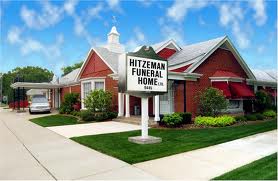 If your NOK can’t be determined or located, your body has to lay in the morgue till this gets straightened out. All jurisdictions have an NOK designation list, starting with estate executor, spouse, oldest child, sibling, etc. Where this gets really messy is where spouses aren’t legally defined (common-law arrangements don’t apply, regardless of the length of time together) or the legal NOK is known, but can’t be found.
If your NOK can’t be determined or located, your body has to lay in the morgue till this gets straightened out. All jurisdictions have an NOK designation list, starting with estate executor, spouse, oldest child, sibling, etc. Where this gets really messy is where spouses aren’t legally defined (common-law arrangements don’t apply, regardless of the length of time together) or the legal NOK is known, but can’t be found.
 Do everyone a favour. Get a family doctor and make sure your NOK is clearly identified. Same goes for someone who you’re the primary NOK to. And here’s a really good primer / checklist on death preparation from the University of California that covers all else.
Do everyone a favour. Get a family doctor and make sure your NOK is clearly identified. Same goes for someone who you’re the primary NOK to. And here’s a really good primer / checklist on death preparation from the University of California that covers all else.
atyourservice.ucop.edu/forms_pubs/misc/prepinevit.pdf

